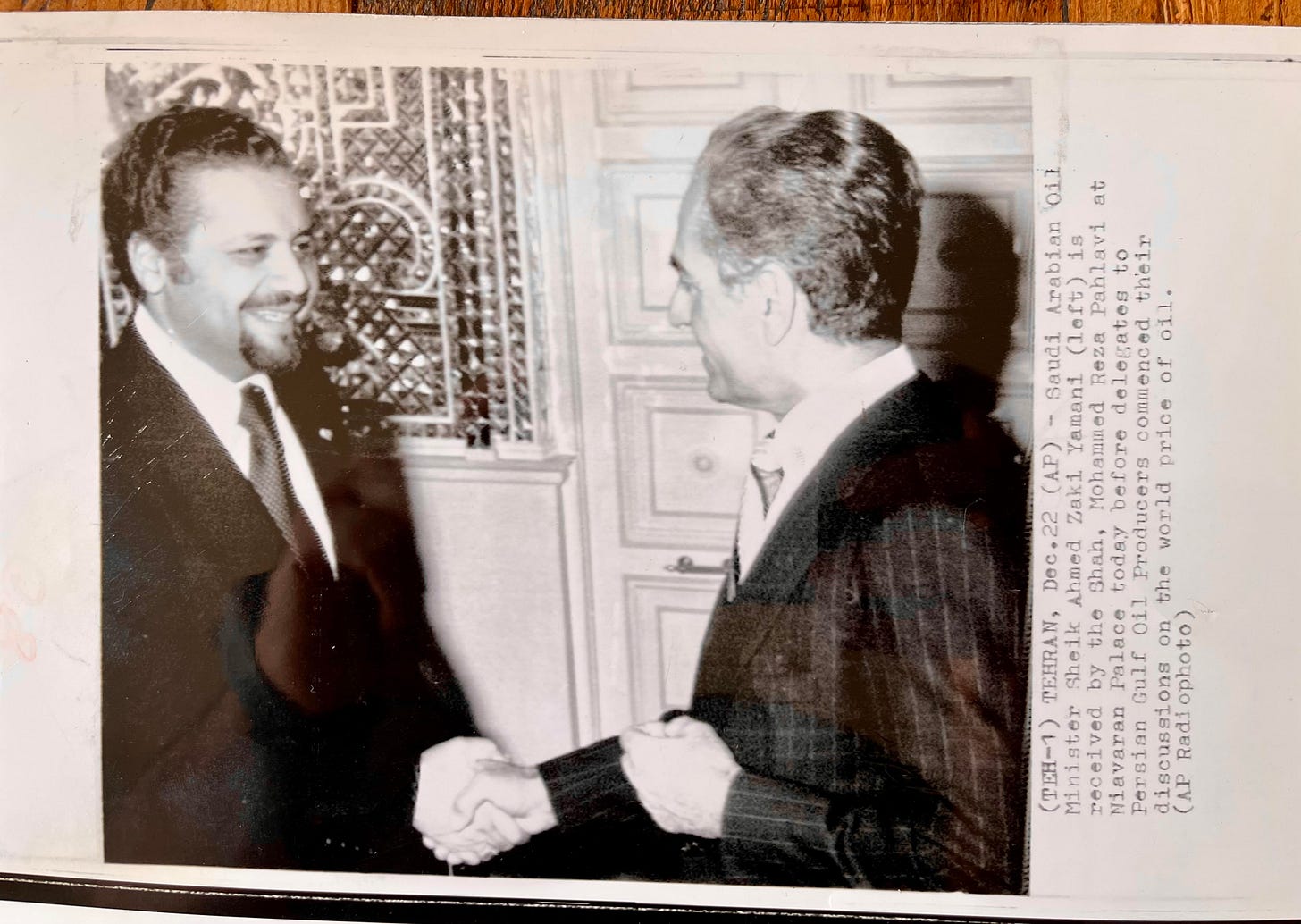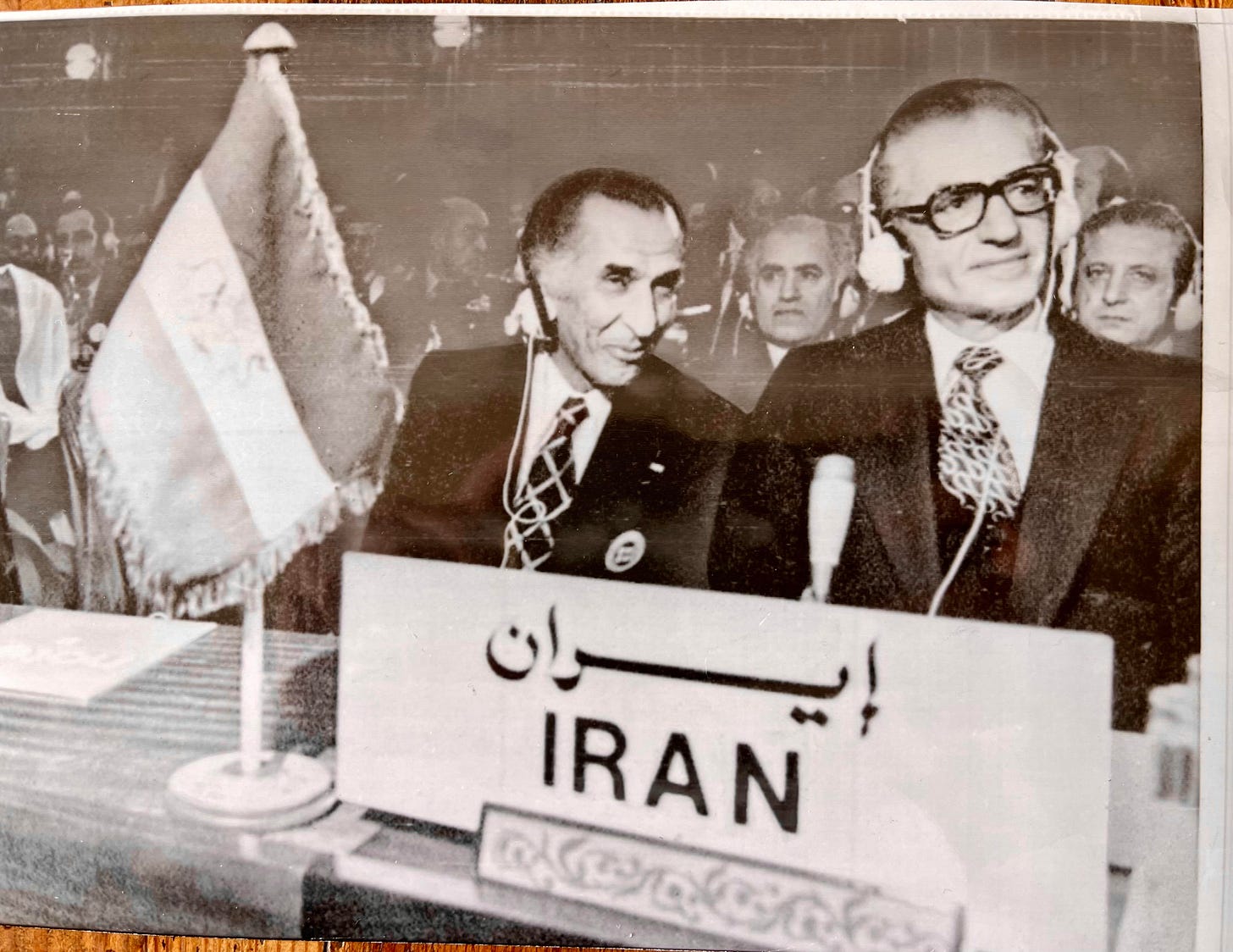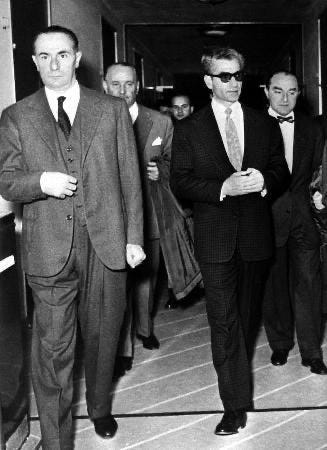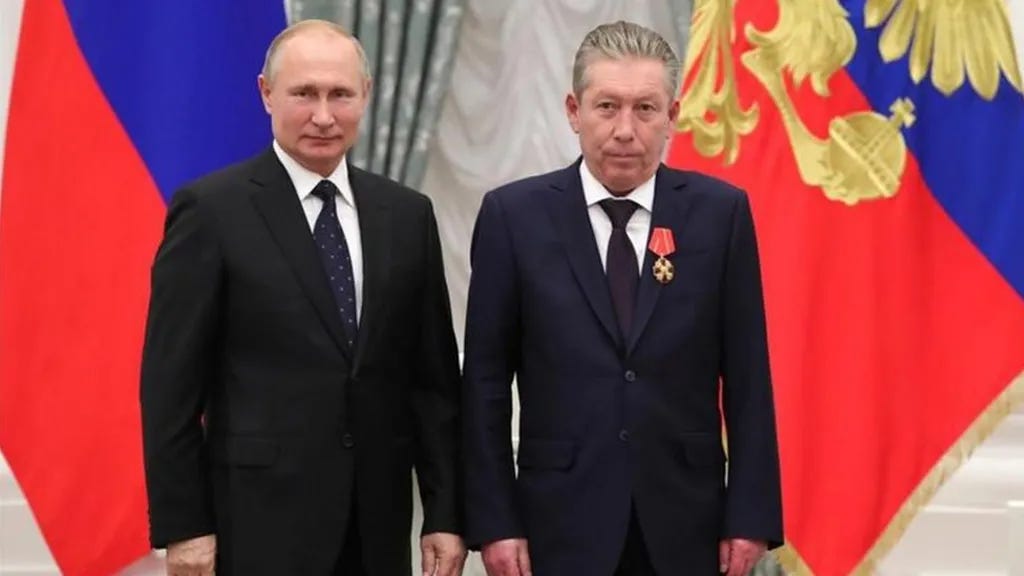Oil is widely understood as a political matter. Leadership in the oil and gas sector is associated with geopolitical influence, but more often through boardroom strategy, mega-project decisions, and state-aligned resource control. It is not typically viewed as physically dangerous. Few assume that oil executives or ministers are at risk of violence, targeted killings, or acts of terror. Yet, across decades and regions, a pattern has emerged that complicates this view. Senior figures in the global energy industry, including executives of multinational firms and national oil ministers, have faced a number of suspicious, violent, or politically entangled deaths.
While many cases can be individually explained by accident, illness, suicide, or occasional criminal violence, the recurrence across time and geography draws more attention. When oil and gas leadership overlaps with international politics, sanctions, or regime instability, the risks often extend beyond market exposure or corporate pressure. In some contexts, those risks have become personal.
The OPEC Hostage Crisis
The most high-profile episode that momentarily exposed these risks occurred on December 21, 1975. During a ministerial meeting at the OPEC headquarters in Vienna, the Venezuelan-born militant Ilich Ramírez Sánchez, better known as Carlos the Jackal, led an armed assault on the building. The attackers took more than 60 hostages, including the oil ministers of Saudi Arabia, Ahmed Zaki Yamani, and Iran, Jamshid Amouzegar. The operation, supported by radical political networks, was explicitly aimed at punishing what the group called “reactionary” oil regimes. Several victims including police and security, political officers or economists were shot dead during the initial attack. Carlos issued political demands in the name of the Palestinian cause and threatened to kill the oil ministers of Iran and Saudi Arabia if his terms weren’t met. Over the next 48 hours, the crisis unfolded like a Cold War spy novel. Eventually, all hostages were released after a bizarre sequence of negotiations, and Carlos disappeared into diplomatic backchannels allegedly aided by Libya and Iraq.
That was nearly 50 years ago and it remains one of the only times the world openly confronted how dangerous oil leadership could be. This incident briefly captured global attention, showing the symbolic power oil ministers held in geopolitics. What I want to write about in this post is that in the decades after the OPEC siege, and even before that, several less theatrical, but in many ways more unsettling series of deaths, disappearances, and unresolved incidents involving high-level energy figures across multiple countries have happened that most people either don’t know about or don’t remember anymore.


A Global Pattern of Risk
To illustrate the broader phenomenon, ten cases are presented below. Each reflects a different geopolitical context, yet all share the common feature of a senior energy official dying under unresolved circumstances.
1. Enrico Mattei (Italy, 1962)
Role: Chairman, ENI (Italian National Hydrocarbons Authority)
Mattei sought to transform postwar Italy into an energy-independent state by challenging the dominance of the Anglo-American oil majors. He forged deals with the Soviet Union and Middle Eastern countries that offered producing states more favorable terms than those provided by the so-called Seven Sisters. In 1962, his private plane exploded mid-air en route to Milan. Decades later, evidence suggested the explosion was caused by a bomb. Italian magistrates and independent investigations pointed to possible involvement by intelligence services or organized crime.
Mattei’s strategy directly threatened entrenched Western oil interests and aligned Italy with alternative global political blocs. His death remains a powerful reminder of the risks associated with geopolitical disruption in the energy sector.
2. Sidney Reso (USA, 1992)
Role: President of International E&P Operations, Exxon
Reso was kidnapped outside his home in New Jersey by two former Exxon employees. He died shortly thereafter while being held in inadequate conditions in a wooden box by his captors. The motive was financial ransom, and the perpetrators were apprehended by the FBI. Yet the incident is notable in that it reflects how the perception of oil wealth and corporate power can attract not only political but criminal violence, even in stable jurisdictions. This incident is also how journalist Steve Coll opens the first chapter of his book Private Empire, a New York Times bestseller on ExxonMobil. Coll notes that kidnappings were a recurring threat for the company, and that Exxon had previously paid a $14 million ransom for another executive, Victor Samuelson, who was taken hostage in 1974.
3. Ravil Maganov (Russia, 2022)
Role: Chairman, Lukoil
Maganov died after falling from a sixth-story window of a hospital in Moscow. The incident was officially recorded as a suicide. However, it occurred just months after Lukoil became the only major Russian oil firm to publicly criticize the war in Ukraine. Maganov’s death followed a series of similarly suspicious fatalities among Russian energy executives, several of whom died in falls, alleged suicides, or sudden illnesses.
Given Lukoil’s prominent position and the timing of its political divergence, the official account has drawn skepticism both domestically and abroad.
4. Shukri Ghanem (Libya, 2012)
Role: Former Prime Minister and Oil Minister of Libya
Following the fall of the Gaddafi regime, Ghanem lived in exile in Vienna. He was found dead in the Danube River under unclear circumstances. Austrian authorities cited a heart attack as the cause of death, but speculation surrounded the case due to Ghanem’s involvement in sensitive oil contracts and his potential connections to international investigations into past regime dealings. "He died of the heart attack, but at the same time swallowed water," was the statement by Vienna state prosecutor's office spokesperson. His death effectively ended any further inquiry into his activities during and after his tenure as oil minister.
5. Colin R. McMillan (USA, 2003)
Role: CEO of Permian Exploration Corporation; U.S. nominee for Secretary of the Navy
McMillan, a geologist by training, was the chairman and CEO of Permian Exploration Corporation, and former New Mexico legislator, was found dead from a self-inflicted gunshot wound at his ranch just days before his Senate confirmation hearing for Secretary of the Navy. While officially ruled a suicide, the timing raised questions given his standing in both industry and government circles. No further investigation was conducted.
6. Vitaly Robertus (Russia, 2024)
Role: Vice President, Lukoil
Robertus was found dead in his Moscow office in what Russian authorities reported as a suicide. He was the fourth high-level Lukoil executive to die under unexplained circumstances since the start of Russia’s war in Ukraine. As mentioned earlier, Lukoil was one of the few Russian firms to issue a public statement opposing the war. No evidence of foul play was officially released, but the incident added to a growing list of sudden deaths among Russian energy elites.
7. Nicholas Mockford (Belgium/UK, 2012)
Role: Senior Executive, ExxonMobil
Mockford was shot four times as he left a restaurant in a Brussels suburb with his wife. The attack, carried out by two men on a motorbike, appeared calculated. Belgian authorities initially reported this as a robbery and imposed a media blackout on the investigation, but no robbery was reported, and his briefcase, money, and car, remained untouched. The motive remains unclear. His death was widely suspected to be a professional hit.

8. Christophe de Margerie (Russia/France, 2014)
Role: CEO, Total S.A.
De Margerie died when his corporate jet collided with a snowplow while taking off from Moscow’s Vnukovo Airport. The snowplow operator was reportedly intoxicated, and several airport staff were later convicted of negligence. De Margerie had been one of Europe’s most outspoken advocates for maintaining business ties with Russia during the Ukraine crisis, defying broader EU sanctions pressure. His death ended a highly visible tenure leading one of the world’s largest oil companies.

9. Aubrey McClendon (USA, 2016)
Role: Co-founder and former CEO, Chesapeake Energy
Aubrey McClendon was one of the most influential, and controversial, figures in America’s modern oil and gas boom. As co-founder and CEO of Chesapeake Energy, he pioneered the widespread use of hydraulic fracturing (fracking) in shale gas extraction, transforming the U.S. energy landscape. Under his leadership, Chesapeake grew rapidly, accumulating tens of billions of dollars in assets and making McClendon one of the highest-paid executives in the country. His aggressive expansion strategy earned him a reputation as both a visionary and a risk-taker.
In 2013, he stepped down from Chesapeake amid shareholder disputes and federal investigations into his business practices, including allegations of self-dealing and questionable land transactions. By 2016, McClendon was running a private energy company when he was indicted by a federal grand jury for allegedly conspiring to rig bids for oil and gas leases in Oklahoma. The indictment alleged that he had colluded with another company to suppress lease prices, which is a violation of antitrust laws.
Just one day later, McClendon died in a high-speed car crash in Oklahoma City. His SUV struck a concrete bridge abutment at over 80 miles per hour. The medical examiner ruled the death accidental and found no drugs or alcohol in his system. Investigators noted there were no skid marks or signs of evasive action, leaving the circumstances open to interpretation.
10. Mohammad Javad Tondguyan (Iran/Iraq, 1980-1991)
Role: Minister of Petroleum, Iran
Tondguyan was captured by Iraqi forces in 1980 while visiting the southern war front in Abadan during the early phase of the Iran-Iraq War. Iraqi officials later claimed he committed suicide while in captivity. However, his remains were returned to Iran more than a decade later, and forensic examination suggested he had been tortured. His death remains one of the most politically charged in Iran’s oil history.
These examples are not a comprehensive list of such deaths and other examples from Russia or Venezuela (PDVSA) with different modes of death have been confirmed. The regional concentration is also noteworthy. A disproportionate number of deaths have occurred in or involved Russia.
While it is possible to interpret each case individually, the repeated pattern resists easy dismissal. The energy sector is uniquely exposed to political volatility. Oil executives and ministers often function as extensions of state power, arbiters of geopolitical alignment, and gatekeepers of strategic revenue. In this environment, leadership roles carry risks that are not adequately captured by conventional corporate governance or public perception.
I understand that the deaths listed here might seem like typical conspiracy theory narratives, but they show how unpredictable and high-risk the global energy business can be. Politics of energy are continually becoming more entangled, and it’s a fair question to ask how many more leaders, and from which companies, or countries might end up paying the ultimate price for the roles they hold.






Eye opening and unsettling.